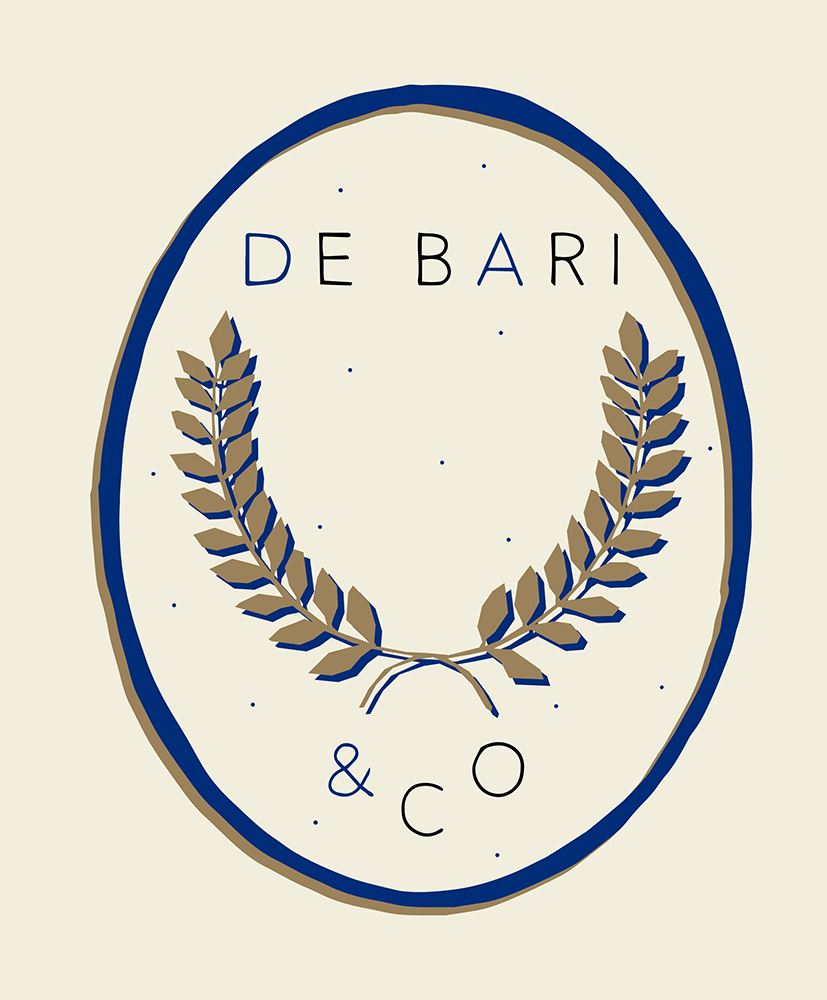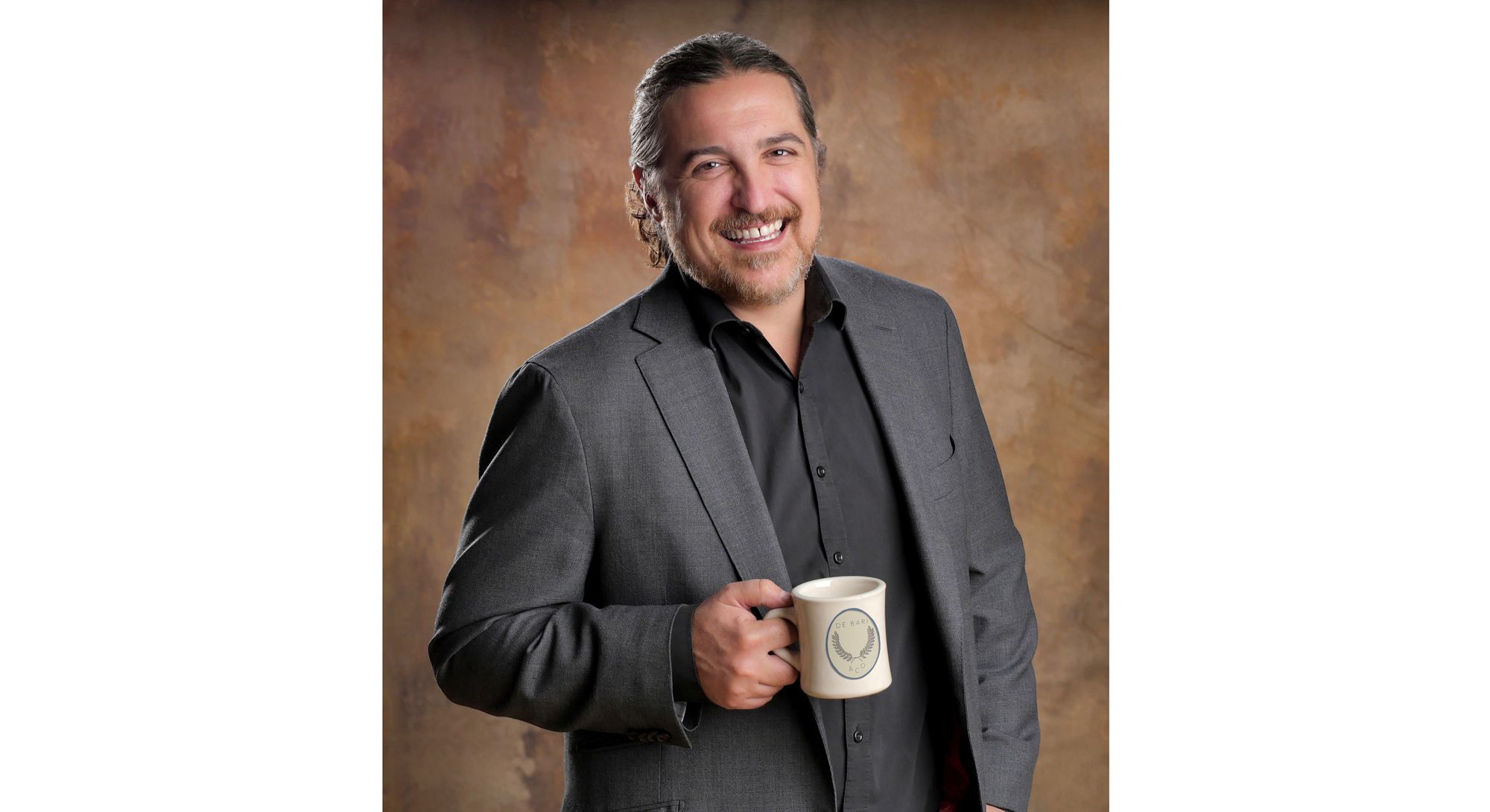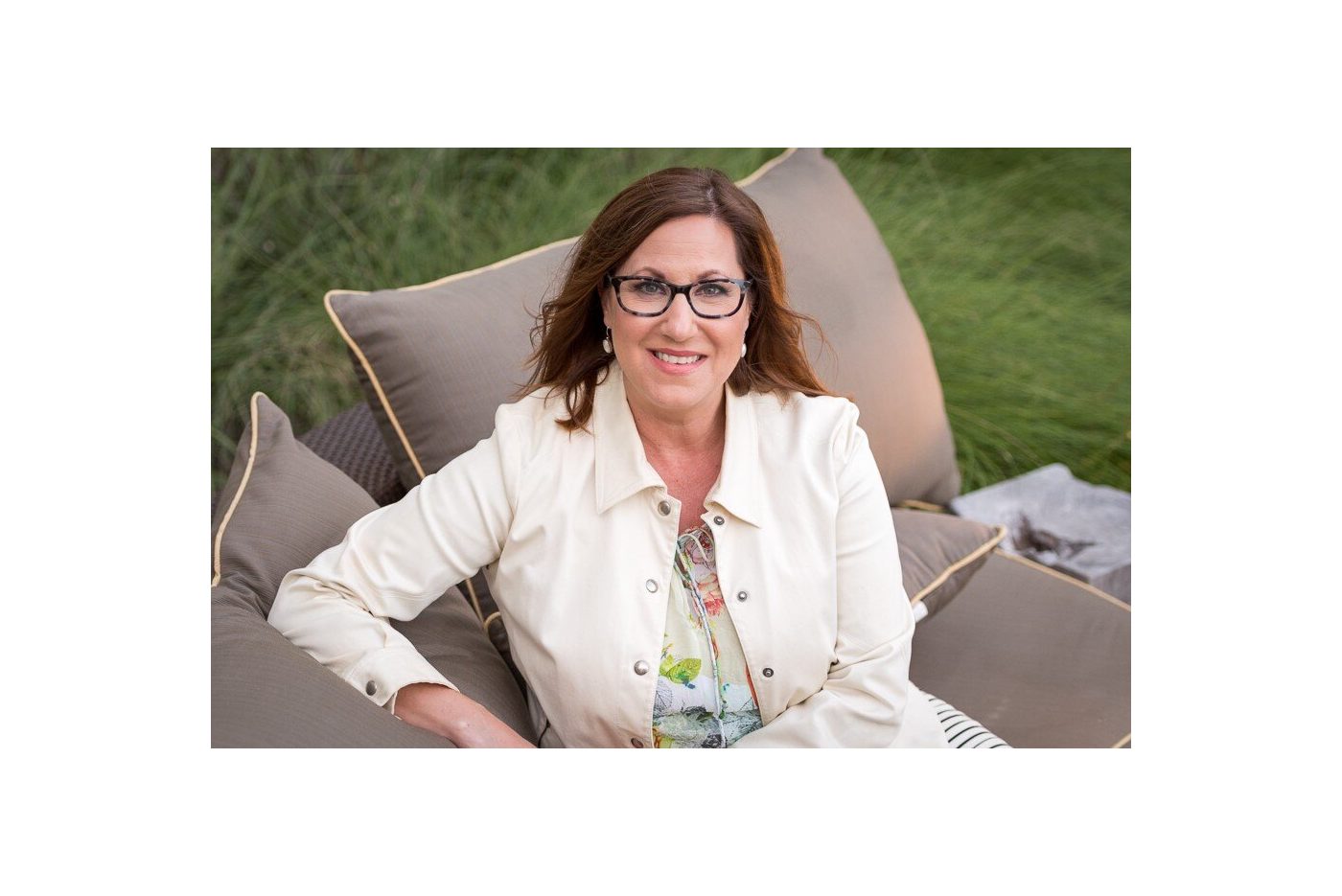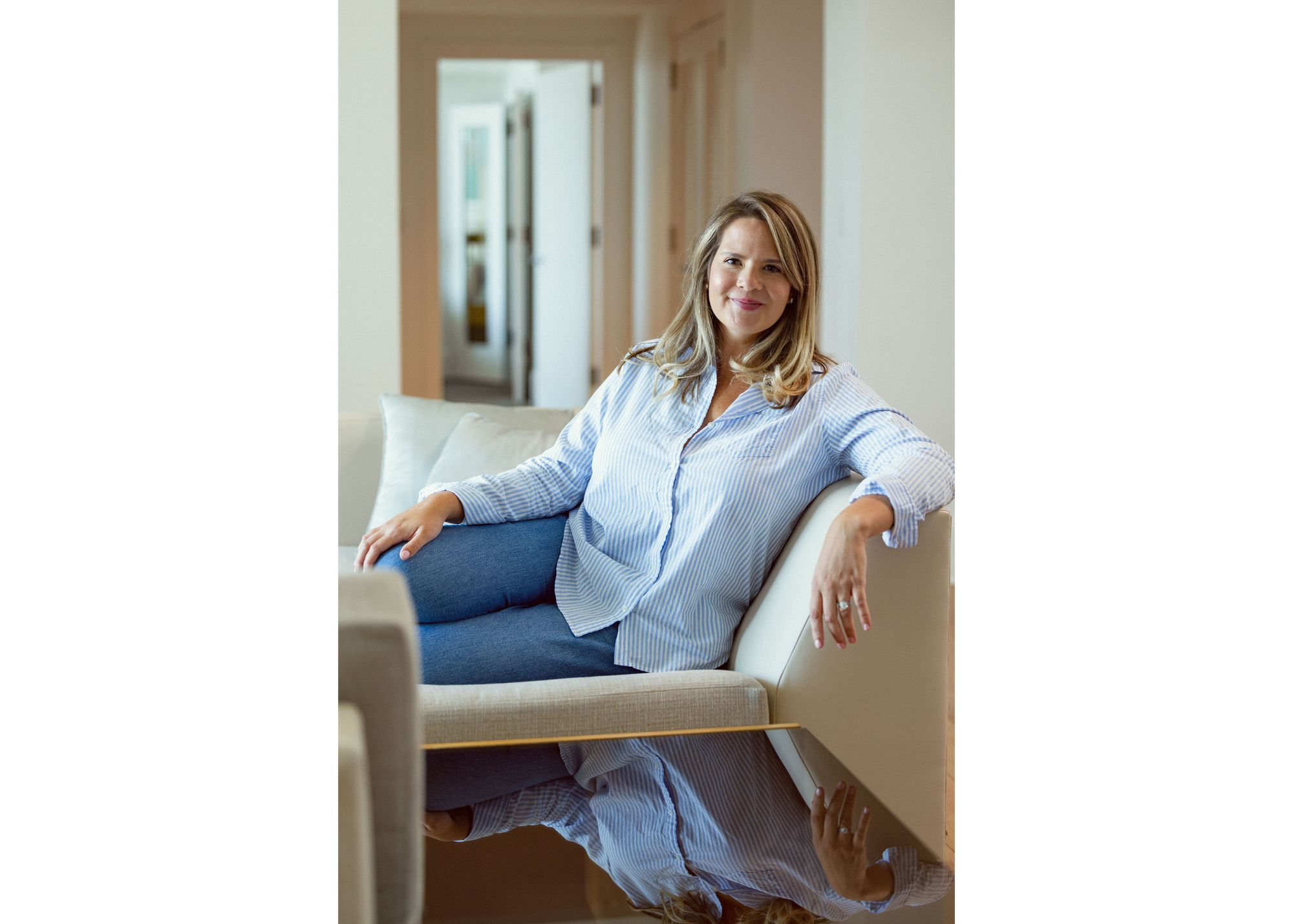Interested in starting your own entrepreneurial journey but unsure what to expect? Then read up on our interview with Jason De Bari, Founder of De Bari & Co., located in Hoboken, NJ, USA.
What's your business, and who are your customers?
De Bari & Co provides Business Consulting services focused on outsourced CFO services for creative service providers. Our customers are primarily Interior Designers and Architects however, we also work with publicists, staffing agencies, and other service-based businesses.

Tell us about yourself
I worked for well over a decade as a founding member and CFO of a major New York Design firm, where the Owners were extremely talented and driven. I learned a massive amount about doing business as a creative firm through real-world practical experience. I realized that the parts of the work I enjoyed most were the building process creating a viable company around a creative endeavor, and, importantly, supporting artists and helping them survive and thrive in an extremely competitive marketplace.
With De Bari & Co, I wanted to bring all of this experience to bear for the next generation of creatives – in my own way, by sharing the experience I have with people who would not be able to normally afford my level of experience, I could democratize at least some of the industry by helping artists with the parts of the running a business that they just do not teach in architecture and design programs. I think I am genuinely helping my Clients, and the trust I earn from them is the reward for my efforts.
What's your biggest accomplishment as a business owner?
One thing I am extremely proud of is that the vast majority of my clients are woman-owned businesses. I am truly proud of this. I am not a passive person – I believe that you should live your beliefs. De Bari & Co is allowing me to do that, and I am very proud to be able to represent and support so many amazing women business Owners. All of my Clients are amazing people (this, by design), but it is not lost on me how the real estate development arena is very patriarchal in nature, so combine this with my clients being artists, and these Projects can be very intimidating.
By lending experienced business support, I can help alleviate at least some of the burden for my Clients. However, the best accomplishment I made with my company, far and away, was asking my Finance Manager and partner, Amanda Shepherd Williams, to join the company. Amanda and I worked side-by-side for all my years at my last company, and I just could not do any of this without her. She is a brilliant person with a wonderful husband and family, and I’m just so grateful to have Amanda with me in this endeavor. Importantly, she has a great sense of humor, which is an invaluable quality in a small business.
What's one of the hardest things that come with being a business owner?
I think the hardest part of owning a small business is solitude. So much of one’s time is spent alone in a room, poring over data, making endless, endless lists, trying to make plans out of thin air, and constantly having to self-motivate. I never stopped dressing for work throughout Covid. I never once worked in sweatpants. When you don’t have a big company or a large team of people around you, you have to be able to motivate yourself. For me, it is making routines. Got dressed, got to the train, taking my walk after lunch. Routines are critical.
There can be days where I spend the whole day not saying a word to anyone, and other days where I spend 8 hours talking on Zoom, so I have to be able to approach each day with the same level of enthusiasm. You have to be able to get yourself up and out of bed and get to work! There is no help coming, so if you take your foot off the gas, the car will stop moving. I have never worked so much, but at the same time, doing some work on a Sunday night does not feel onerous because I’m doing it for myself.
What are the top tips you'd give to anyone looking to start, run and grow a business today?
- Be brave. If you have your idea, believe in it! It will evolve over time, but if you don’t believe in your vision, nobody else will.
- Understand your opportunity cost. If you know what you would be making working for another company, then this is your opportunity cost. For example, if you could be making $75k/year at a company, then every day your company is not paying you the equivalent of $75k, you are losing money. Use this as a guide for measuring your success, especially early on. You may not be able to pay back initial investments in year one, but you should be using your opportunity cost as an income goal. It’s really, really helpful to have goals, especially early on when the overriding mantra can be “just survive.”
- Sharing advice from a dearly trusted advisor: In year 1, you know nothing. In year 2, you know what you don’t know. In year 3, you should finally start doing some things right. This is a marathon, not a sprint. Understand that you are going to have failures. Don’t dwell on them. Push ever Onward!
Is there anything else you'd like to share?
I never wanted to be an entrepreneur, but since I was young, every moment of my working life has been defined by my willingness to walk through doors that have opened to me. Some paths may branch off from what you envisioned, but look out for opportunity and when it comes, be ready to work your ass off to make good on what the universe has brought you!
Where can people find you and your business?
Website: https://www.debariandco.com/
LinkedIn: https://www.linkedin.com/in/jay-de-bari/
If you like what you've read here and have your own story as a solo or small business entrepreneur that you'd like to share, then please answer these interview questions. We'd love to feature your journey on these pages.
Turn your craft into recurring revenue with Subkit. Start your subscription offering in minutes and supercharge it with growth levers. Get early access here.



